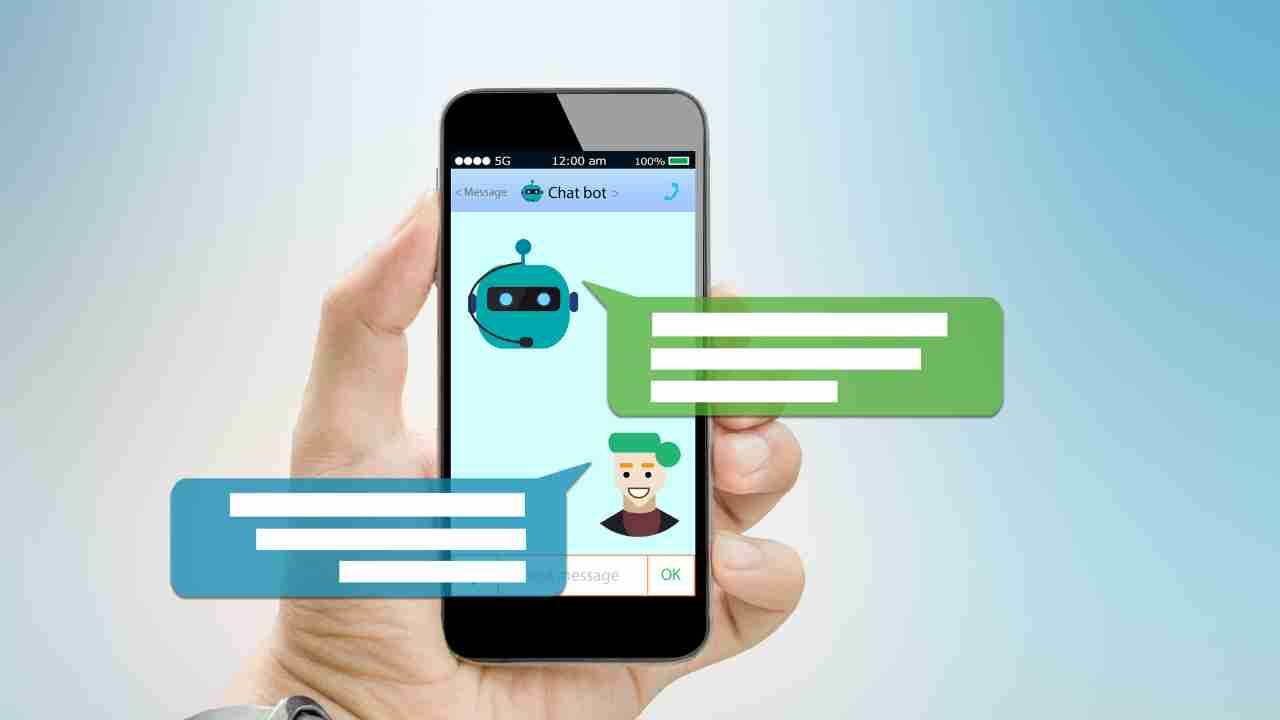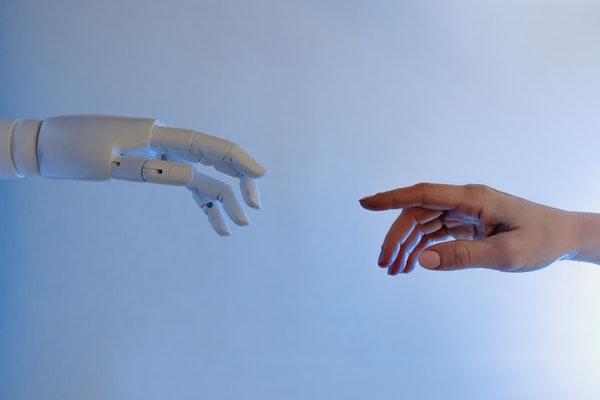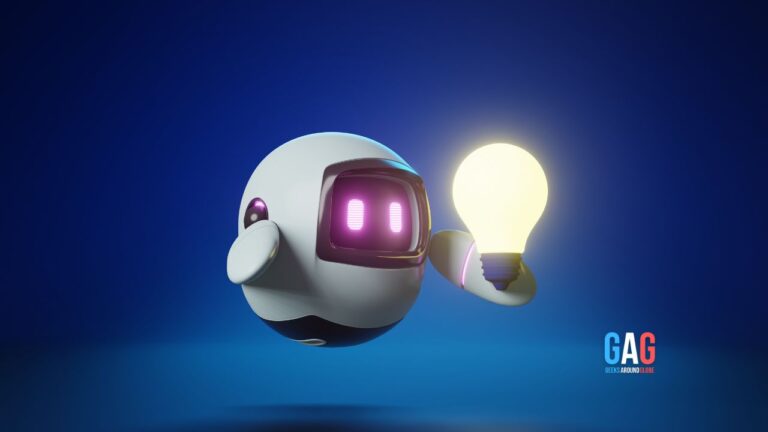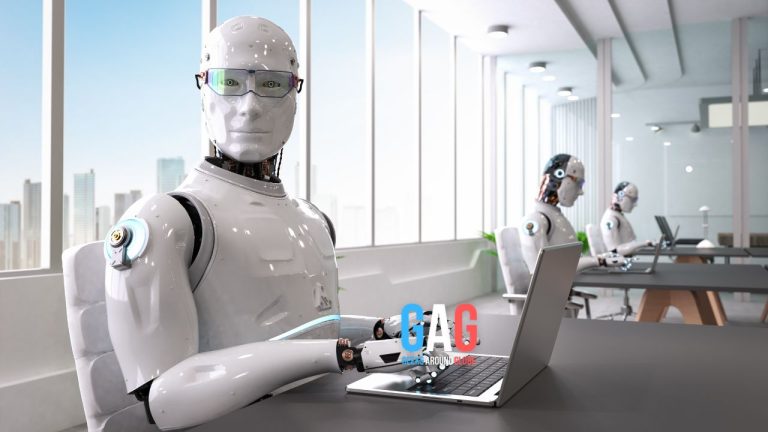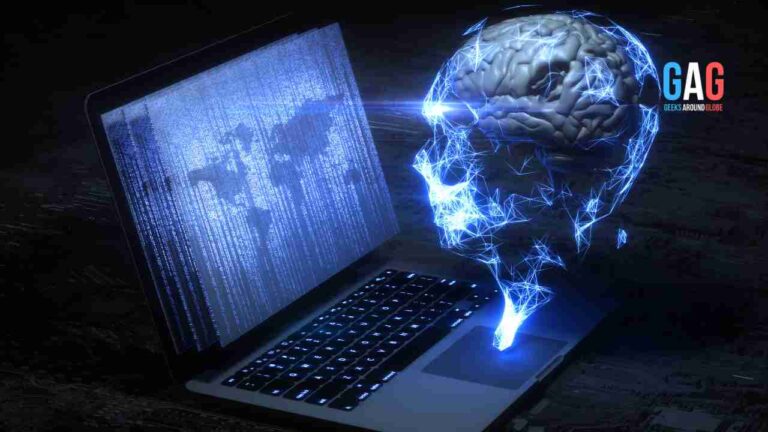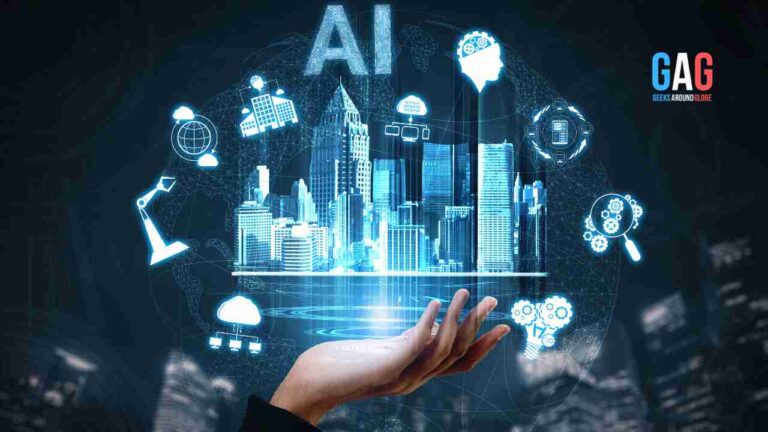- 1. Introduction
- 2. Importance of AI in Chatbots
- 3. How AI Powers Chatbots
- 4. Industries Benefiting from AI-Powered Chatbots
- 5. Advantages of AI-Powered Chatbots
- 6. Challenges and Limitations
- 7. Future Trends in AI-Powered Chatbots
- 8. Case Studies
- 9. Tips for Implementing AI-Powered Chatbots
- 10. The Role of AI-Powered Chatbots in Marketing
- 11. Ethical Considerations in AI-Powered Chatbots
- 12. Comparison with Traditional Chatbots
- 13. User Adoption and Acceptance
- 14. Future Developments and Innovations
- 15. Conclusion
- 16. Frequently Asked Questions (FAQs)
In the rapidly evolving landscape of technology, AI-powered chatbots have emerged as a game-changer, revolutionizing how businesses interact with their customers. These intelligent virtual assistants, fueled by Artificial Intelligence (AI), are reshaping the dynamics of communication and problem-solving. Let’s delve into the world of AI-powered chatbots and explore their significance, functioning, benefits, challenges, and future trends.
Introduction
Definition of AI-powered Chatbots
AI-powered chatbots are computer programs designed to simulate conversation with human users, utilizing AI algorithms to understand, interpret, and respond to user queries. Unlike traditional rule-based chatbots, AI-powered chatbots leverage machine learning and natural language processing for a more human-like interaction.
Evolution of Chatbot Technology
The journey of chatbot technology has witnessed a remarkable evolution. From basic scripted responses to the current sophisticated AI-driven models, chatbots have evolved to understand context, learn from interactions, and adapt to user behavior.
Importance of AI in Chatbots
Enhanced User Experience
The integration of AI in chatbots enhances the overall user experience by providing personalized and context-aware interactions. Users feel more connected and engaged, leading to increased satisfaction.
Efficient Problem-Solving
AI-powered chatbots excel in efficient problem-solving by quickly analyzing user queries and providing accurate solutions. This real-time assistance contributes to customer satisfaction and loyalty.
Personalization in Interactions
The ability of AI-powered chatbots to analyze user data enables personalized interactions. From recommending products to tailoring responses based on preferences, personalization is a key factor in user engagement.
How AI Powers Chatbots
Natural Language Processing (NLP)
NLP enables chatbots to understand and interpret human language, including colloquial expressions and variations. This makes interactions more natural and effective.
Machine Learning Algorithms
Machine learning algorithms empower chatbots to learn from user interactions, improving their responses over time. This adaptive learning ensures continuous enhancement of performance.
Sentiment Analysis
AI-powered chatbots can analyze user sentiment by understanding the tone and context of messages. This helps in providing empathetic responses and addressing user emotions effectively.
Industries Benefiting from AI-Powered Chatbots
E-commerce
In the e-commerce sector, AI-powered chatbots streamline the shopping experience by assisting users in product selection, order tracking, and issue resolution.
Healthcare
Chatbots in healthcare facilitate appointment scheduling, provide medical information, and offer support for mental health by engaging in empathetic conversations.
Customer Service
AI-powered chatbots have become indispensable in customer service, providing instant responses to queries, handling routine tasks, and escalating complex issues to human agents.
Advantages of AI-Powered Chatbots
24/7 Availability
Unlike human agents, AI-powered chatbots operate round the clock, ensuring constant availability for users in different time zones.
Cost-Effective Customer Support
Automated responses and issue resolution reduce the need for a large customer support team, resulting in cost savings for businesses.
Data-Driven Insights
AI-powered chatbots generate valuable insights by analyzing user interactions, helping businesses understand customer preferences and behaviors.
Challenges and Limitations
Misunderstandings and Misinterpretations
Despite advancements, chatbots may still misunderstand user queries, leading to inaccurate responses and potential frustration.
Dependency on Data Quality
The effectiveness of AI-powered chatbots depends on the quality of training data. Inaccurate or biased data can impact the bot’s performance.
Security Concerns
Concerns related to data privacy and security arise as chatbots handle sensitive information. Implementing robust security measures is crucial.
Future Trends in AI-Powered Chatbots
Integration with Voice Assistants
The future sees a seamless integration of AI-powered chatbots with voice assistants, offering users a choice in communication channels.
Enhanced Emotional Intelligence
Advancements in AI will equip chatbots with improved emotional intelligence, enabling them to better understand and respond to user emotions.
Improved Multilingual Capabilities
AI-powered chatbots will break language barriers, becoming proficient in multiple languages to cater to diverse global audiences.
Case Studies
Explore real-world examples of successful implementations of AI-powered chatbots in various industries, showcasing their impact on customer engagement and operational efficiency.
Tips for Implementing AI-Powered Chatbots
Define Clear Objectives
Clearly define the objectives of implementing chatbots, whether it’s improving customer service, boosting sales, or streamlining processes.
Regularly Update and Train the Chatbot
Keep the chatbot’s knowledge base up-to-date and conduct regular training to adapt to evolving user needs and industry trends.
Monitor User Feedback
Actively seek and analyze user feedback to identify areas for improvement and ensure a positive user experience.
The Role of AI-Powered Chatbots in Marketing
Personalized Marketing Campaigns
Chatbots play a vital role in executing personalized marketing campaigns, tailoring messages based on user preferences and behavior.
Lead Generation and Conversion
AI-powered chatbots contribute to lead generation by engaging users, collecting valuable information, and assisting in the conversion process.
Ethical Considerations in AI-Powered Chatbots
Transparency in Communication
Maintain transparency in communication by informing users when they are interacting with a chatbot. This builds trust and manages expectations.
Avoidance of Biases
Ensure that AI-powered chatbots are trained on diverse datasets to avoid biases and discriminatory behavior in responses.
Comparison with Traditional Chatbots
Efficiency and Accuracy Differences
Highlight the efficiency and accuracy improvements that AI-powered chatbots bring compared to traditional rule-based chatbots.
User Engagement Comparisons
Explore how AI-powered chatbots enhance user engagement compared to their conventional counterparts.
User Adoption and Acceptance
Factors Influencing Acceptance
Discuss factors influencing the acceptance of AI-powered chatbots, including ease of use, perceived value, and trust.
Overcoming Resistance
Provide strategies to overcome user resistance to AI-powered chatbots, emphasizing the benefits and addressing concerns.
Future Developments and Innovations
Integration with Emerging Technologies
Examine how AI-powered chatbots will integrate with emerging technologies such as augmented reality, virtual reality, and the Internet of Things.
Enhanced Cognitive Capabilities
Anticipate developments in chatbots’ cognitive capabilities, enabling them to handle more complex tasks and conversations.
Conclusion
In conclusion, AI-powered chatbots have emerged as indispensable tools, transforming how businesses engage with their audience. From enhancing user experiences to providing efficient solutions, the impact of these intelligent virtual assistants is profound. As we navigate the future, the integration of AI in chatbots will continue to evolve, presenting new opportunities and challenges for businesses across various industries.
Frequently Asked Questions (FAQs)
- Are AI-powered chatbots only suitable for large businesses?
- No, AI-powered chatbots can be tailored to fit the needs of businesses of all sizes. They offer scalability and flexibility.
- How can businesses ensure the ethical use of AI-powered chatbots?
- Businesses can ensure ethical use by maintaining transparency in communication, avoiding biases, and regularly monitoring and updating chatbot responses.
- What industries have seen the most significant impact from AI-powered chatbots?
- E-commerce, healthcare, and customer service industries have experienced substantial benefits from the implementation of AI-powered chatbots.
- Do AI-powered chatbots replace human customer service agents entirely?
- While chatbots handle routine tasks, human agents are still crucial for handling complex issues and providing a personal touch in customer interactions.
- How can businesses measure the success of their AI-powered chatbot implementations?
- Success can be measured through metrics such as user satisfaction, resolution efficiency, and the impact on business goals.

